LOC
The Local Organising Committee
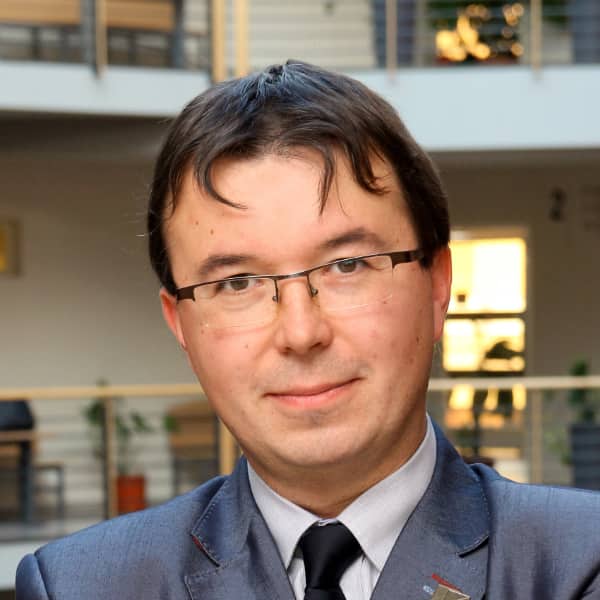
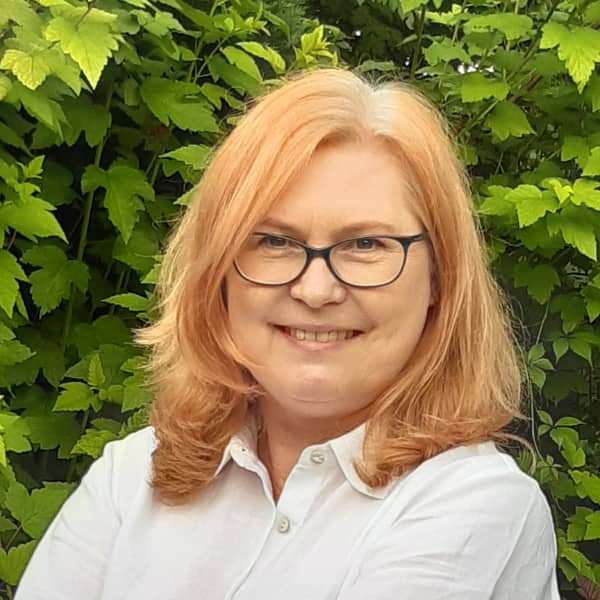
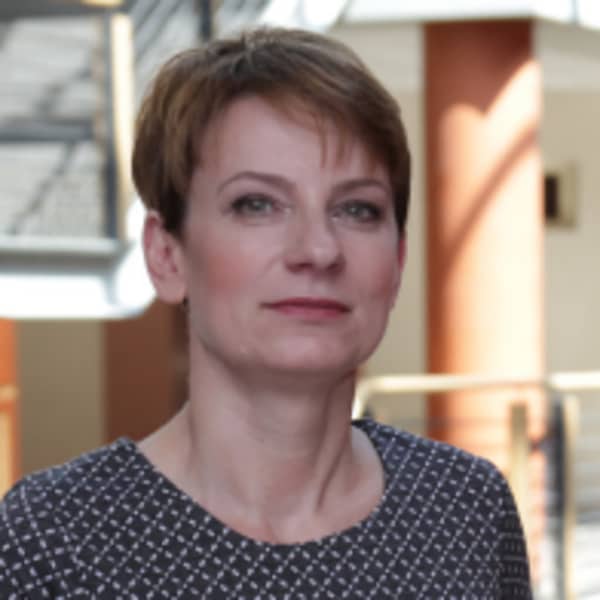
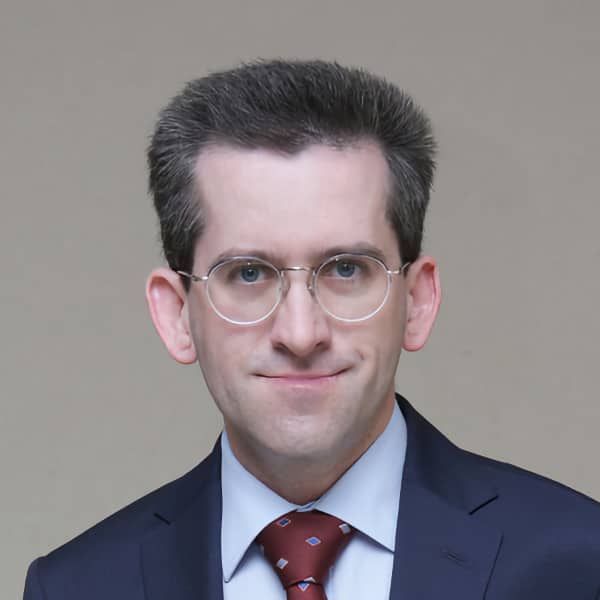
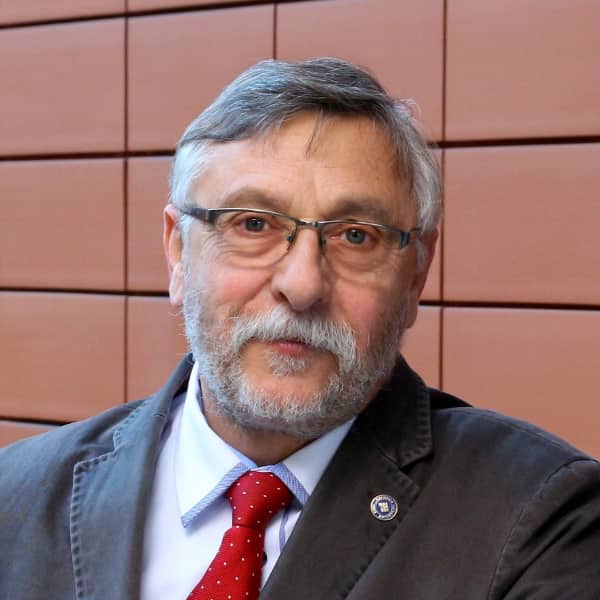
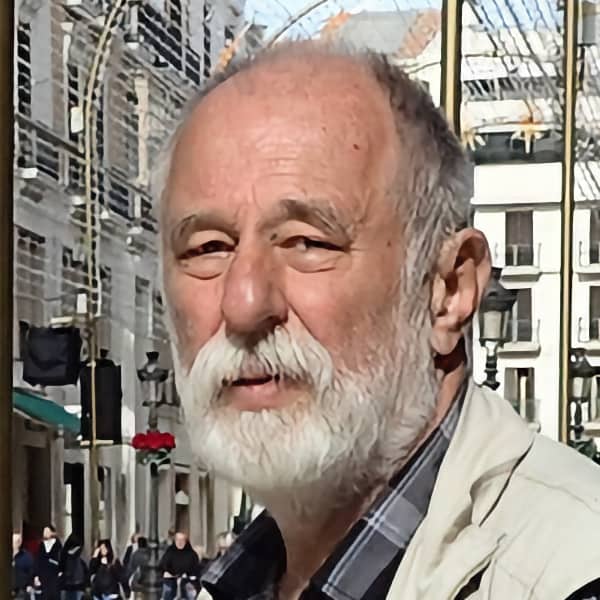
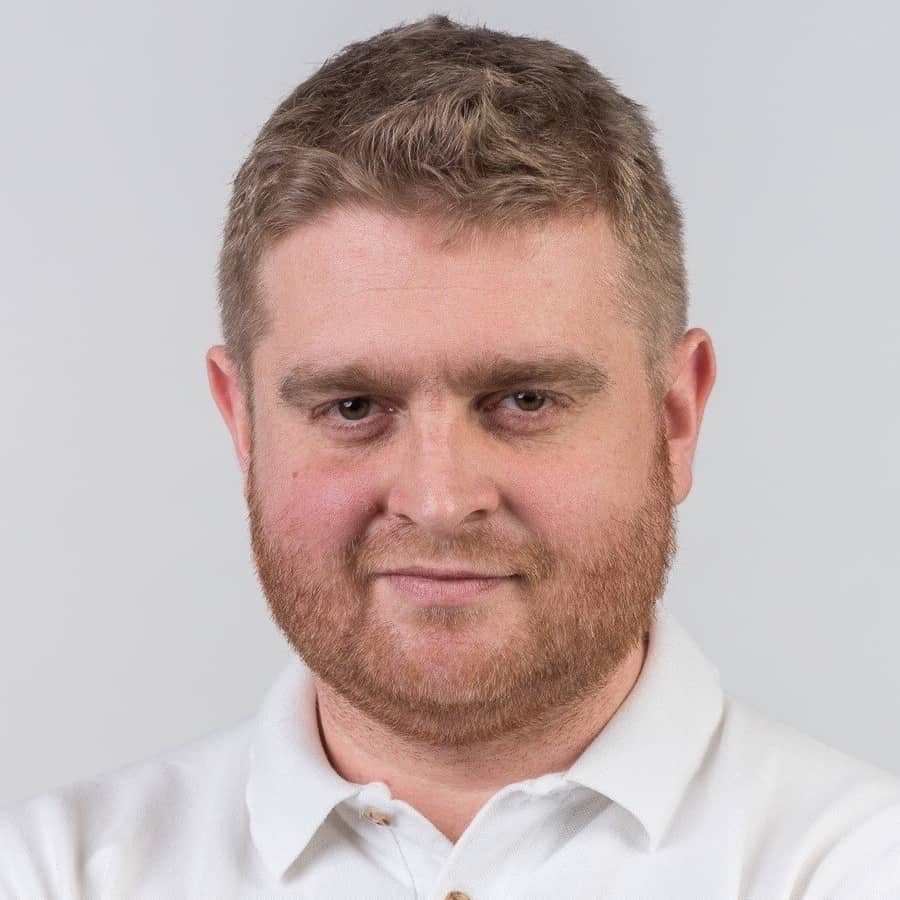
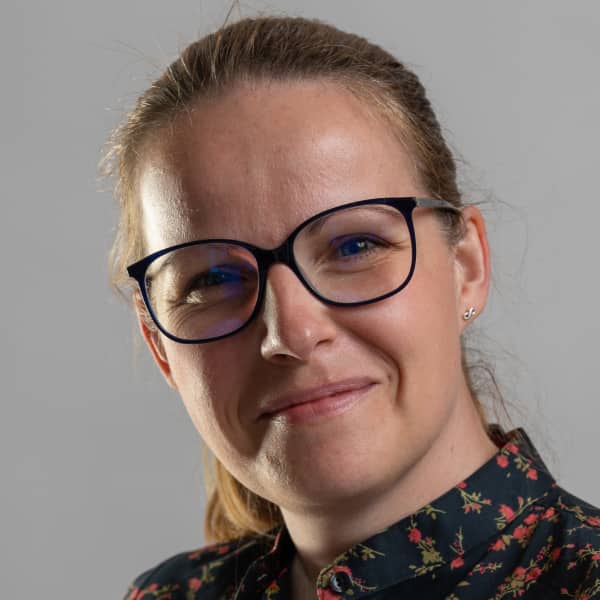
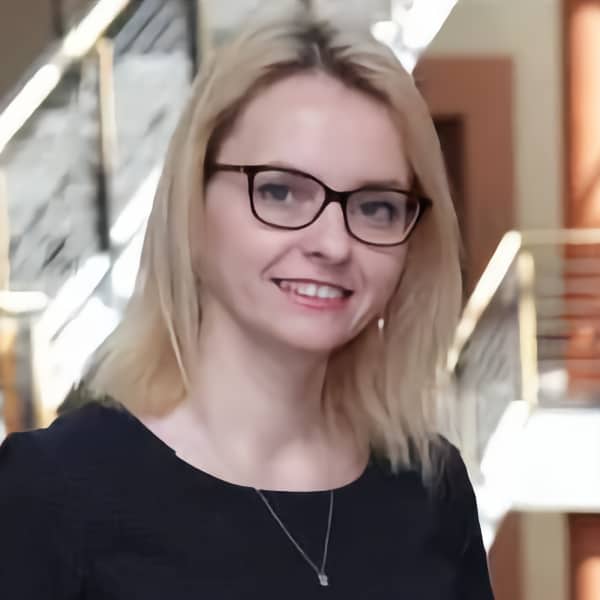
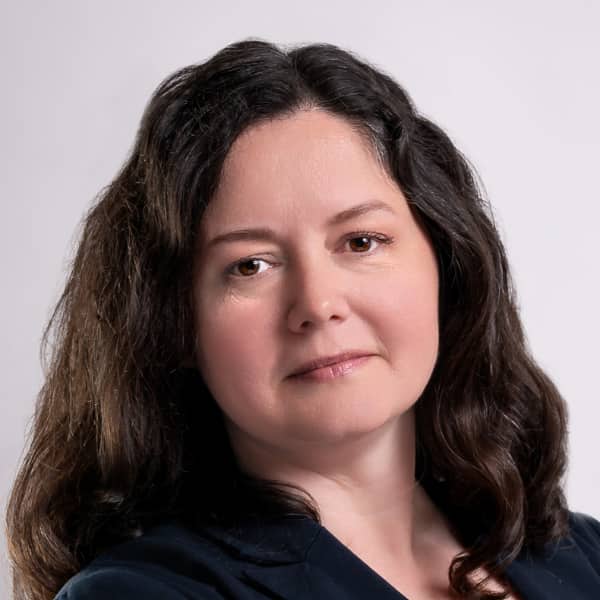
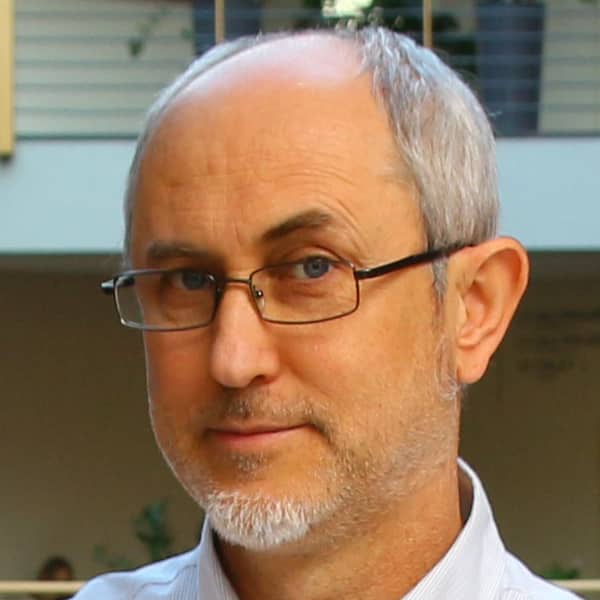
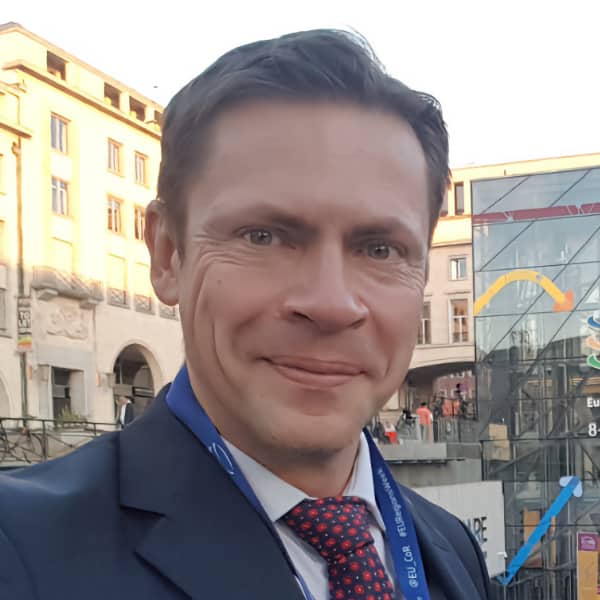
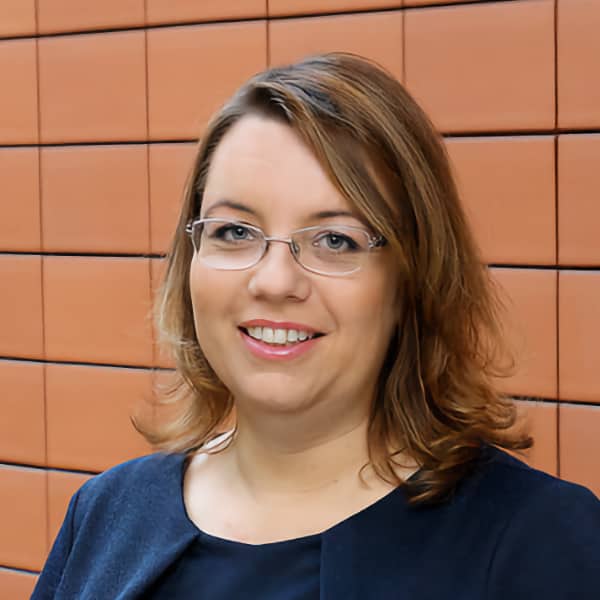
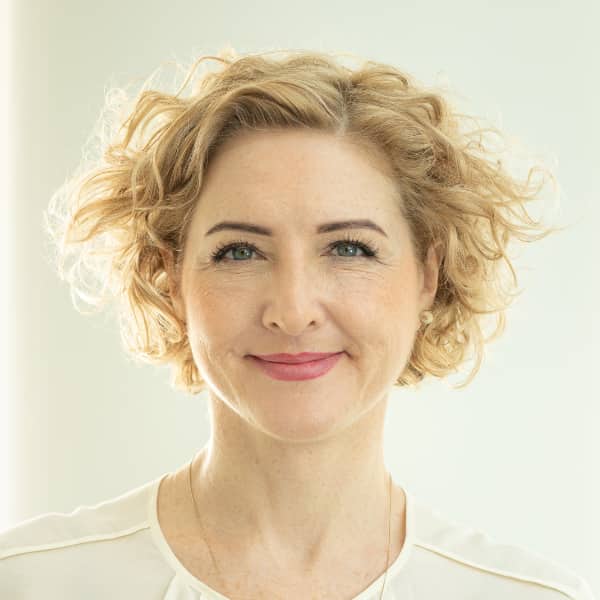
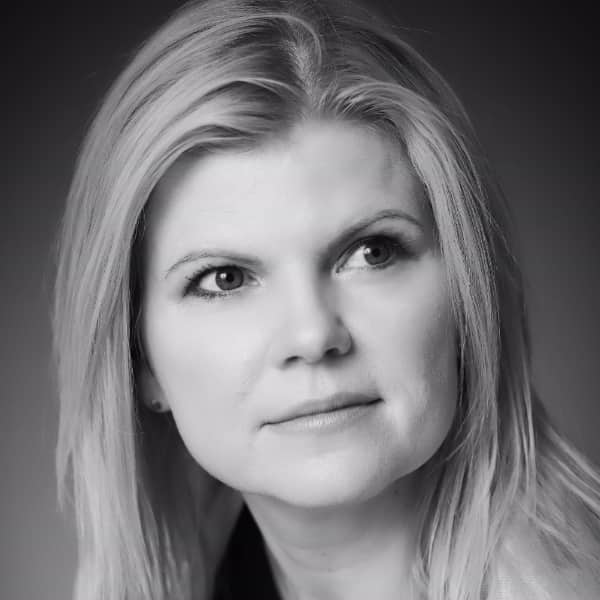
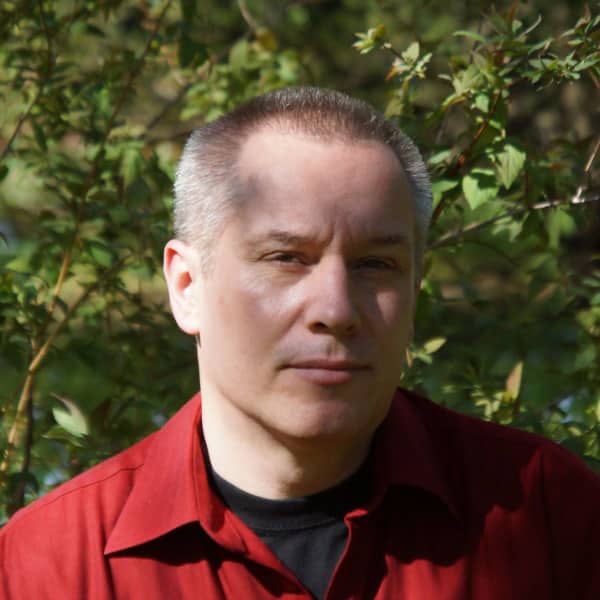
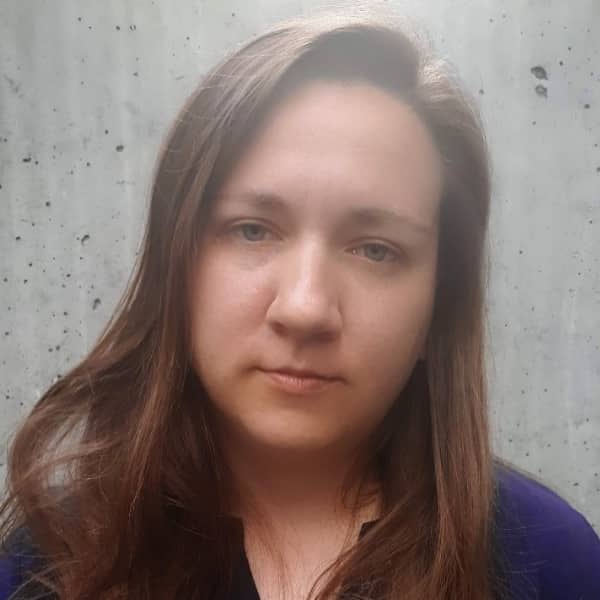
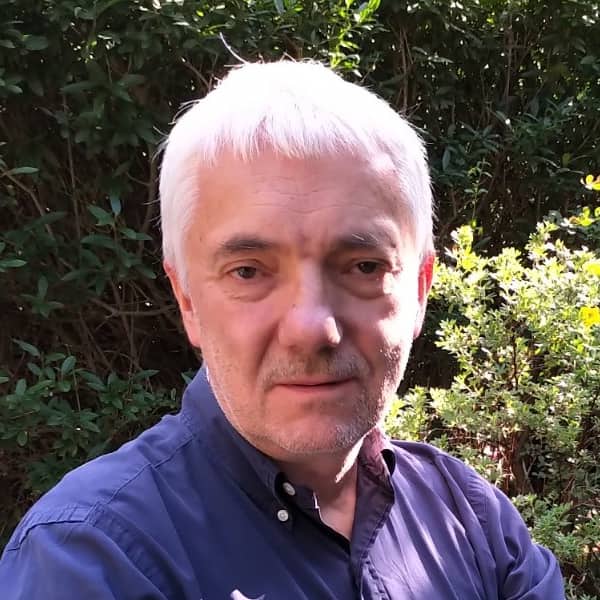
Organizers and speakers:
Health, well-being, and urban planning are inevitably linked. Urban planning, since its origin, has traditionally addressed issues related to urban health and well-being. However, the multiple crises intertwined with the climate in the post-
pandemic, such as the energy crisis as well as threats to peace in the world, new migration trends, and widespread urbanisation, are worsening the human conditions for urban health and well-being. This special session aims to address research on rethinking the paradigm of knowledge, action, and reflection that will keep planning as an idea of value in the contingency of multiple crises. Interrelated aspects have become urgent issues for human survival due to the acro- dynamics of the global urban society. Moreover, micro-practices of citizens in the everyday pose several socio-economic and socio-environmental threats to urban infrastructure. Planning knowledge, action, and reflection must become transformative to address this complexity and the interrelated issues of sustainability, health, and well-being.
This session invites planning scholars to present fundamental, practical, and applied research on:
Interdisciplinary and multidisciplinary knowledge co-production and interfacing academic disciplines to the understanding of vulnerabilities of urban sustainability, urban health, and well-being in cities and their spatial relationships.
Challenges combining disciplines and approaches seem to be a condition for developing knowledge. However, questions remain on which factors and evidence-based assessments and evaluation, the development and transversal approaches would improve a progressive planning paradigm to address interrelated aspects of urban sustainability, urban spatiality, and health, unequal urban geographies of spaces and people.
Methodologies that utilise deliberative and participatory approaches to unravel inequality in urban infrastructure, urban health and well-being that materialise in progressive methodologies of action and reflection in spaces, infrastructures and citizen-science opening perspectives and re-orientations to understand urban ecosystems and urban health, health inequities in urban areas and interrelatedaspects of climate change including urban governance for
health and well-being in cities.
Case studies research on urban inequalities operationalised in urban infrastructure, the environment and the urban lifestyle of citizens that focus on the uneven distribution of socio-environmental pressures in different social groups and attempt to address the complex factors that influence the possible urban health trajectories of communities and citizens.
The session invites presentations on questions aimed to advances in knowledge, action and reflection that consider but are not limited to:
The session intends to establish a platform for a dialogue to think of planning as a triangulation of knowledge, action and reflection. The aim is to combine disciplines and perspectives to understand the links between urban aspects of sustainability, health and well-being and to articulate questions that have the potential to unlock the future of planning.
Keywords: Transformative planning; Power and Public Deliberation; Infrastructural Citizenship; Mutual Learning and Reflexivity.
July 10th - July 15th 2023
The 35th AESOP Annual Congress 2023 addresses the following scientific tracks
All the sessions that take place online
These are the specials sessions organised at the 35th AESOP Annual Congress 2023
Join one of the following roundtables during the 35th AESOP Annual Congress 2023
The Local Organising Committee

















